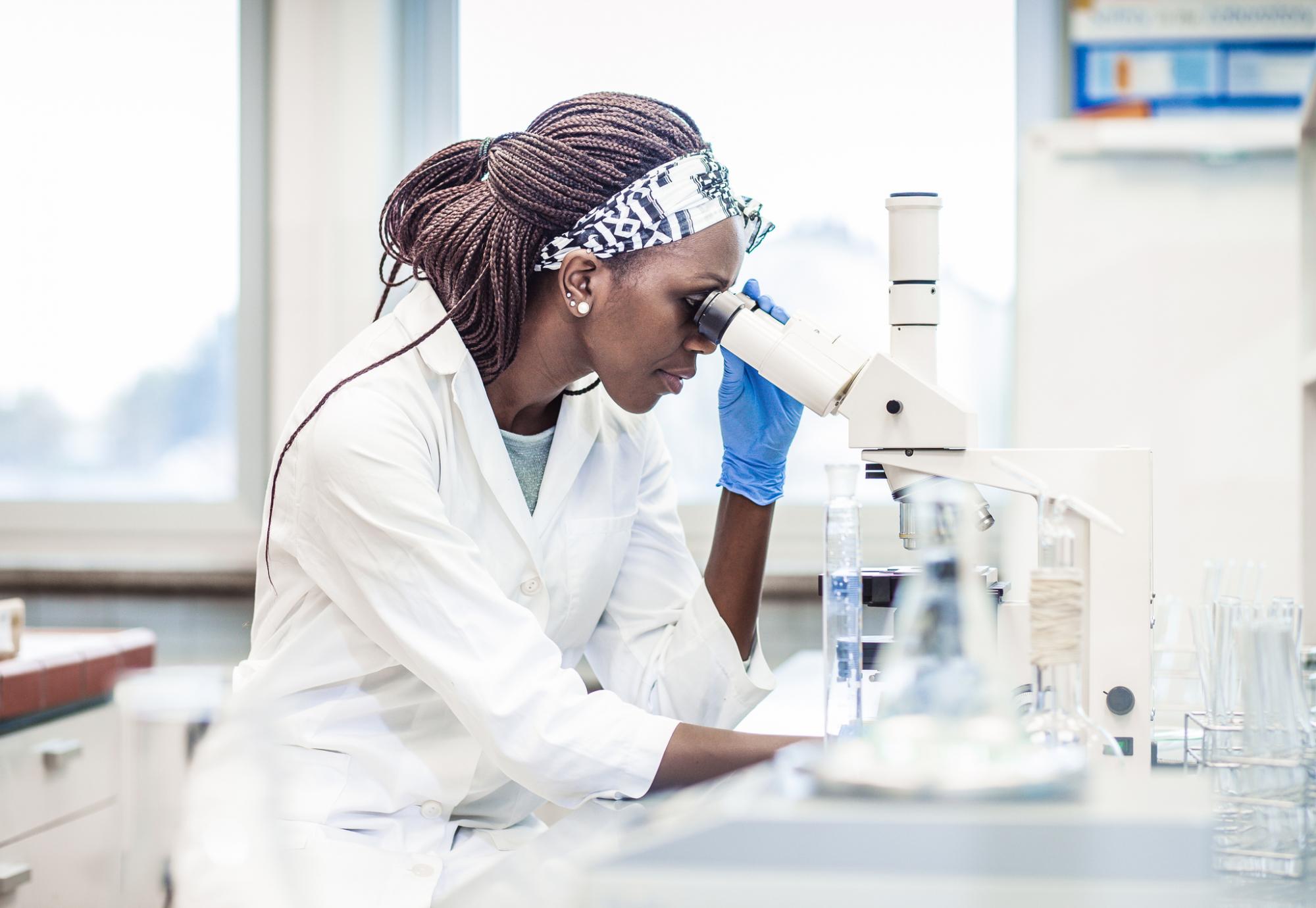Across the UK, there are more than 637,000 participants now involved in public health research into the effects of and treatment for Covid-19.
Research studies have been essential in rapidly building up an understanding of the virus, how it spreads, as well as potential treatments and vaccines, and in the past eight months the UK has been on the forefront of recruiting public participation into these trials and studies.
In June, the number of UK participants involved in Covid-19 research was around 100,000. Now, it sits at 637,379.
The unprecedented speed and scale of recruitment to these trials has allowed for the development of life-saving treatments for Covid-19 hospitalised patients, including for example the recently-announced findings that arthritis drug tocilizumab can be effective in treating the sickest Covid-19 patients.
UK-based studies have also played a pivotal role in some of the world’s most promising vaccine candidates, including a number whose initial results around vaccine effectiveness have already been published.
Widespread recruitment is part of the reason these rigorous clinical trials have not only been able to publish initial findings so promptly, but also be in sufficient position to support the Medicines and Healthcare products Regulatory Agency (MHRA) to be confident in the quality, safety and efficacy of the Pfizer/BioNTech vaccine – which it approved for use within the UK.
Three large-scale vaccine studies have been rolled out in the UK over recent months, with tens of thousands across the country participating, while a number of other promising new vaccines are also confirmed soon for delivery.
Health Secretary, Matt Hancock said: “I want to thank every single person – from staff members to participants – who have taken part in this research. Everyone’s involvement has provided a vital link in the chain to help us better understand this virus and I am confident we will find a resolution through the ingenuity of science.
“The scale at which research into treatments for Covid-19 has taken place in the UK is unparalleled, and the determination for the country to come together to beat this virus is extraordinary.
“We understand this virus infinitely more than at the start of this pandemic and each of us must continue to look at what role we can take. By coming together and using our scientific prowess, we will prevail.”
Since March, 73 urgent public health studies into Covid-19 have been set up to investigate a range of potential treatments, vaccines and observational studies to learn more about the disease, as well as research into new diagnostic technology.
NHS hospitals have played a vital role in delivering studies at pace and scale, enabling hospitalised patients to benefit from the latest Covid-19 treatments, in addition to helping tens of thousands of people gain early access to vaccine candidates through trials running across the country.
Chief Medical Officer for England and co-Lead of the National Institute for Health Research (NIHR), Professor Chris Whitty added: “The willingness of the UK public to participate in Covid-19 research has been inspiring.
“Science is the only way out of this pandemic. It will find new ways to prevent and treat the virus, and this will allow us to gradually return to normal life. This science cannot happen without those who volunteer to take part in research.
“The National Institute for Health Research, as part of the wider UK research infrastructure, has been key to the UK’s success in delivering research with actionable findings, which have had an impact on the treatment of Covid-19 patients in the UK and around the world.”



















